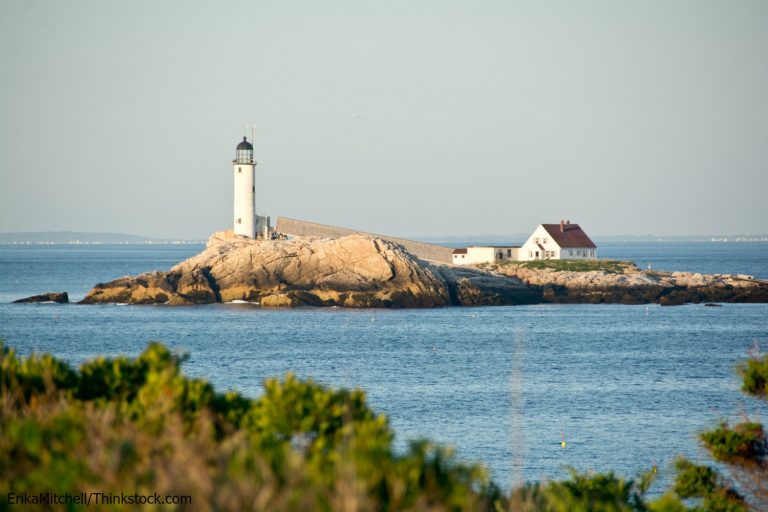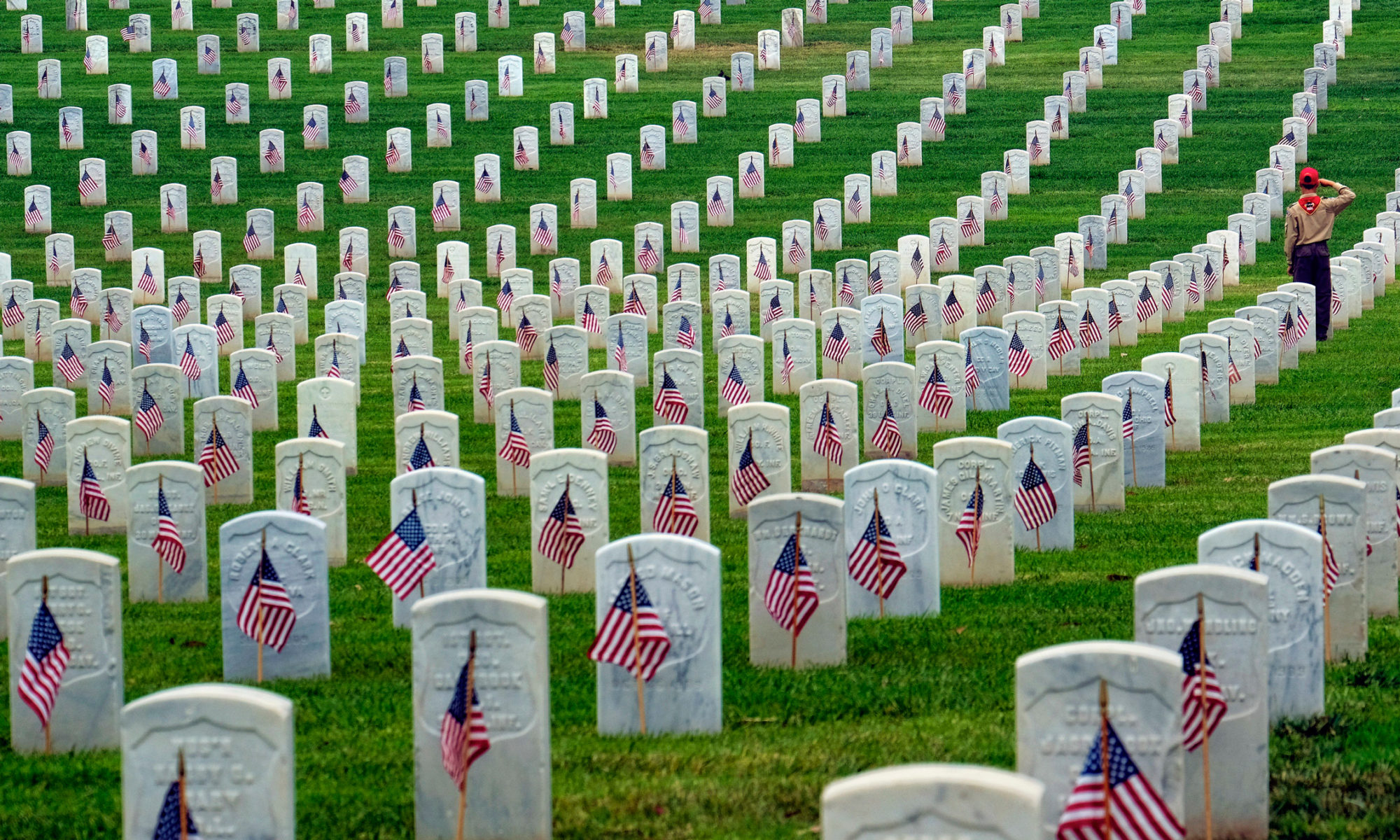Meditations on building houses (and lives) on sand vs stones: stumbling blocks, cornerstones, keystones, living stones
MATTHEW 7: 24-28 – Hearers and Doers – “Everyone then who hears these words of mine and acts on them will be like a wise man who built his house on rock. The rain fell, the floods came, and the winds blew and beat on that house, but it did not fall, because it had been […]



